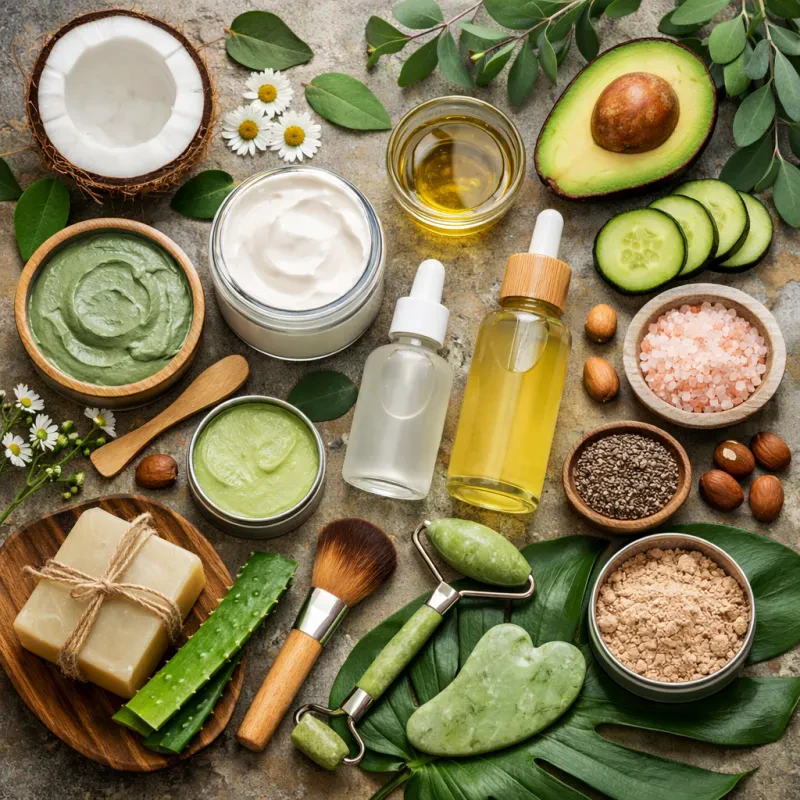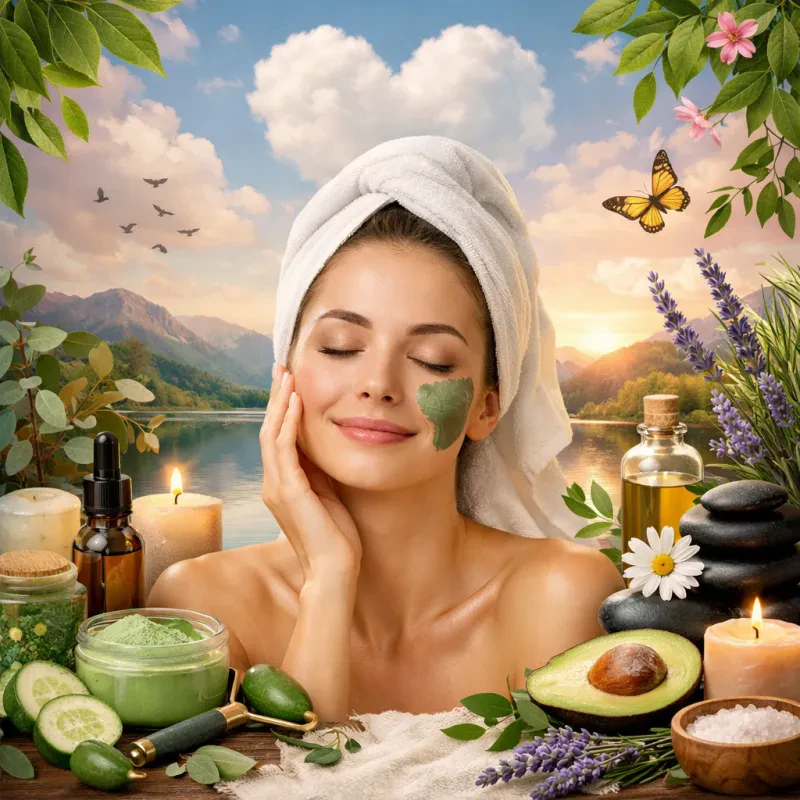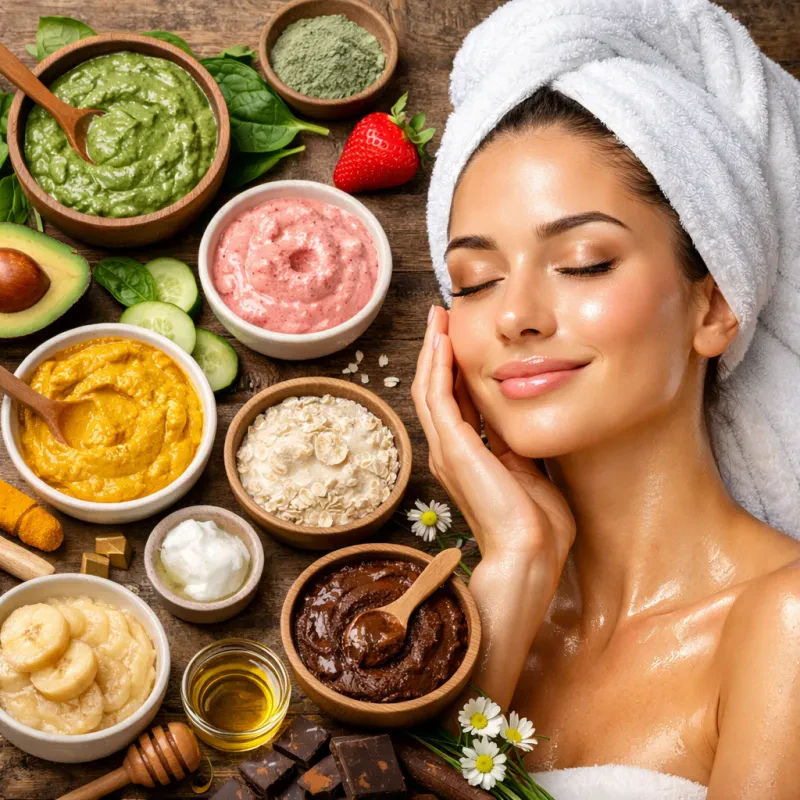When it comes to traditional soaps, many of us have used them without a second thought. However, there are some common issues that can arise with these everyday products. First off, many traditional soaps contain harsh chemicals that can be tough on your skin. Ingredients like sulfates and parabens are often included to create that nice lather or extend shelf life, but they can also strip your skin of its natural oils.
Another problem with traditional soaps is their scent. While we all enjoy a pleasant fragrance, the perfumes used in many commercial soaps can be a source of irritation, especially for those with sensitive skin. These artificial scents can lead to allergic reactions or skin conditions like eczema, leaving many people wishing for a more gentle option.
Let’s talk about moisture (or the lack of it). Traditional soaps can be very drying. They often don't contain quality moisturizing ingredients, meaning your skin might feel tight and uncomfortable after washing. This dryness can be particularly problematic for people in colder climates or during winter months.
Finally, many traditional soaps come in plastic packaging, contributing to environmental concerns. While we all want to keep our skin clean, it’s hard to ignore the impact our purchases have on the planet. Look for brands that prioritize sustainability to ease your eco-friendly conscience.
What Ingredients to Avoid in Soaps
When you're browsing for the perfect soap, it's important to keep an eye on what’s inside. Some ingredients can be a little sneaky and not so great for your skin. Here’s a quick rundown of what to avoid, especially in traditional soaps.
- Sulfates: These are usually found in many traditional soaps for their foaming action. However, they can be harsh and strip your skin of its natural oils, leaving it dry and irritated.
- Parabens: Often used as preservatives, parabens can disrupt hormone balance. It’s better to look for paraben-free options to keep your skin safe.
- Fragrance: While a nice scent is tempting, artificial fragrances can cause irritation and allergic reactions for some people. Go for products that list natural or essential oils instead.
- Triclosan: Commonly found in antibacterial soaps, triclosan can contribute to antibiotic resistance and may disrupt your hormones. It’s best to steer clear of it.
Knowing what to avoid in traditional soaps can help you choose products that are kinder to your skin. Look for items made with natural, nourishing ingredients to ensure you’re treating your skin right!
 >> Get your free personalized video Moon Reading here.
>> Get your free personalized video Moon Reading here.
Impact of Soaps on Skin Health
When it comes to our skin, the soaps we choose can make a big difference. Traditional soaps, while popular for their pleasant scents and bubbly lather, often contain ingredients that may not be as friendly to our skin as we think. Many traditional soaps use harsh chemicals and synthetic fragrances that can strip away natural oils, leaving your skin feeling dry and irritated.
Have you ever noticed how some soaps can leave your skin feeling tight or itchy? That’s a common issue with traditional soaps. They can disrupt your skin’s natural barrier, leading to dryness or even conditions like eczema for those who are sensitive. If you’ve ever had that uncomfortable feeling after washing your hands or body, it could be due to the ingredients in those conventional bars.
It’s also worth considering how traditional soaps can affect the pH balance of your skin. Many of these soaps are alkaline, which can throw off your skin's natural acidity. This can result in a less effective barrier against bacteria and other irritants. Your skin does best when it’s balanced, and harsh soaps may not help with that.
Switching to gentler alternatives can be a game-changer. Look for soaps that are made with natural ingredients or are specifically formulated to be moisturizing and ph-balanced. Your skin will thank you for being more mindful of what you wash with! Making small changes in your cleansing routine can lead to healthier, happier skin.
Sustainable Alternatives to Conventional Soaps
If you're thinking about making a switch from traditional soaps, you're not alone! More and more people are looking for sustainable alternatives that are kinder to both our skin and the environment. The truth is, conventional soaps can contain a lot of chemicals that aren’t great for your skin or for the planet. So why not explore some eco-friendly options instead?
One popular alternative is castile soap. This plant-based soap is made from olive oil and is gentle enough for sensitive skin. Plus, it's biodegradable! You can even use it for multiple purposes, from cleaning your body to washing your dishes. Talk about a win-win!
Another option is handmade soaps, often made by local artisans using natural ingredients. These soaps typically skip the harsh chemicals found in traditional soaps and focus on nourishing oils and essential oils for scent. Many times, you can find these sustainable soaps packaged in eco-friendly materials, making them a great choice for those looking to reduce waste.
If you're interested in zero-waste options, consider soap bars wrapped in compostable materials. They not only look great but they also eliminate the need for plastic packaging that traditional soaps often come with. Plus, many brands are now offering refill stations for liquid soap, so you can keep reusing your containers and cut down on single-use plastics.


